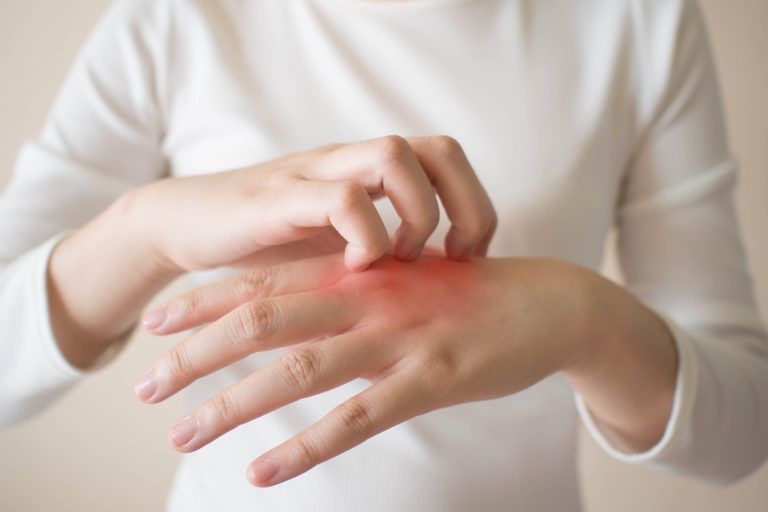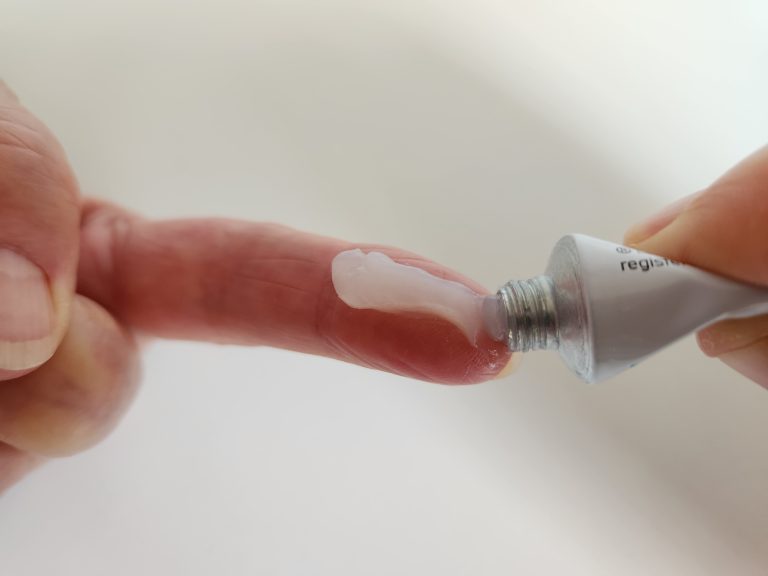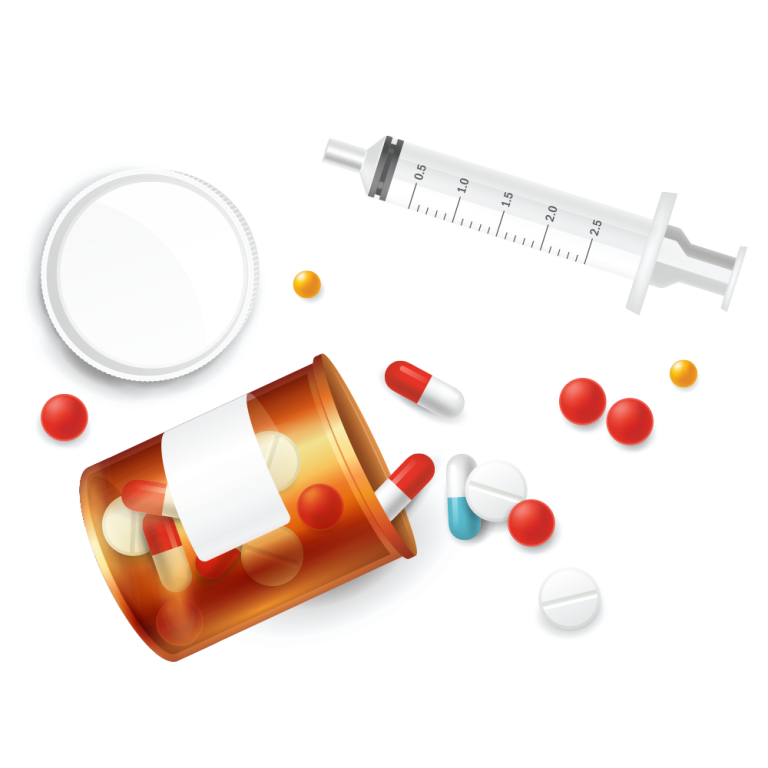Thank you for downloading!
Subscribe to our newsletter to receive email updates about our work, get connected and support Australians impacted by eczema. You can unsubscribe at any time.
Subscribe NowHand eczema, also called hand dermatitis, is a common skin condition that makes your hands itchy, red, cracked, or covered in rashes. There may be dry, flaky skin, small blisters or crusts. It can happen on its own or alongside atopic eczema. Sometimes, it is caused by touching things that irritate the skin (contact dermatitis). Hand eczema can be painful and make everyday tasks like writing, cooking, or using a computer difficult.
Causes
Common Triggers



Eczema Support Australia offers help through:
For personalised advice, always talk to a healthcare professional.
Use our Eczema Care Online Toolkit to find out the best way to care for your eczema or your child's eczema.
Subscribe to our newsletter to receive email updates about our work, get connected and support Australians impacted by eczema. You can unsubscribe at any time.
Subscribe Now